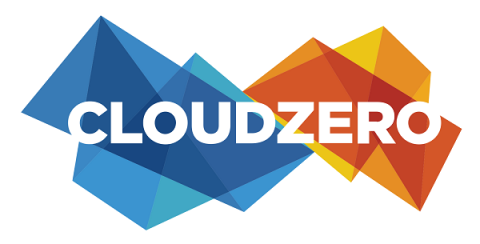Why We Built the CloudZero Platform on Serverless Infrastructure - and Its 2 Main Advantages
The promise of running a business on the cloud is that — in theory, at least — you should be able to scale your infrastructure up and down with your customer utilization. This should lead, again in theory, to less maintenance and more opportunity for innovation.





